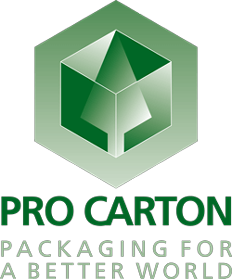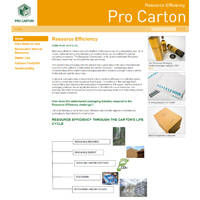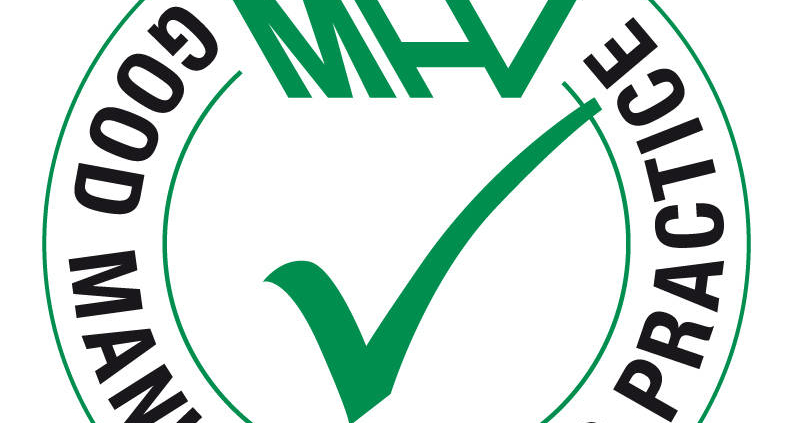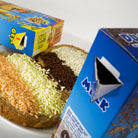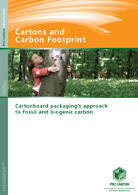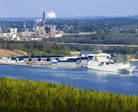Nestlé goes ‘eggstra’ mile for Easter with 100% recyclable packs
26 March 2012
Pro Carton is pleased to announce that Nestlé has become the first major confectioner to use 100% recyclable packaging across its entire Easter egg range. Nestlé UK & Ireland has replaced the 48 tonnes of rigid plastic used in its mug eggs with FSC approved cardboard, meaning its entire Easter collection is now recyclable. Compostable film is also being used for the windows resulting in a 30% reduction in packaging across the mug egg range.
More ...
More ...

